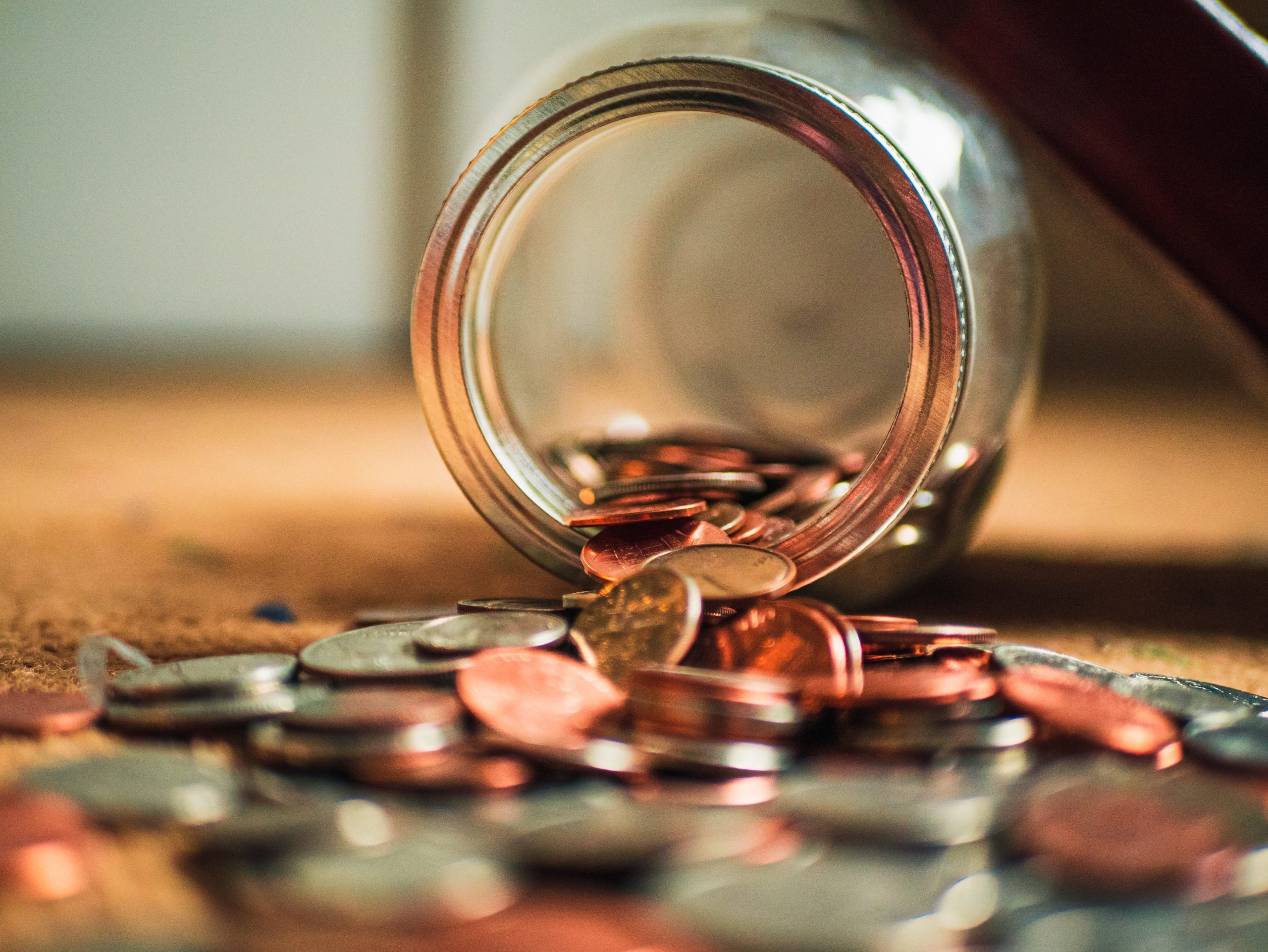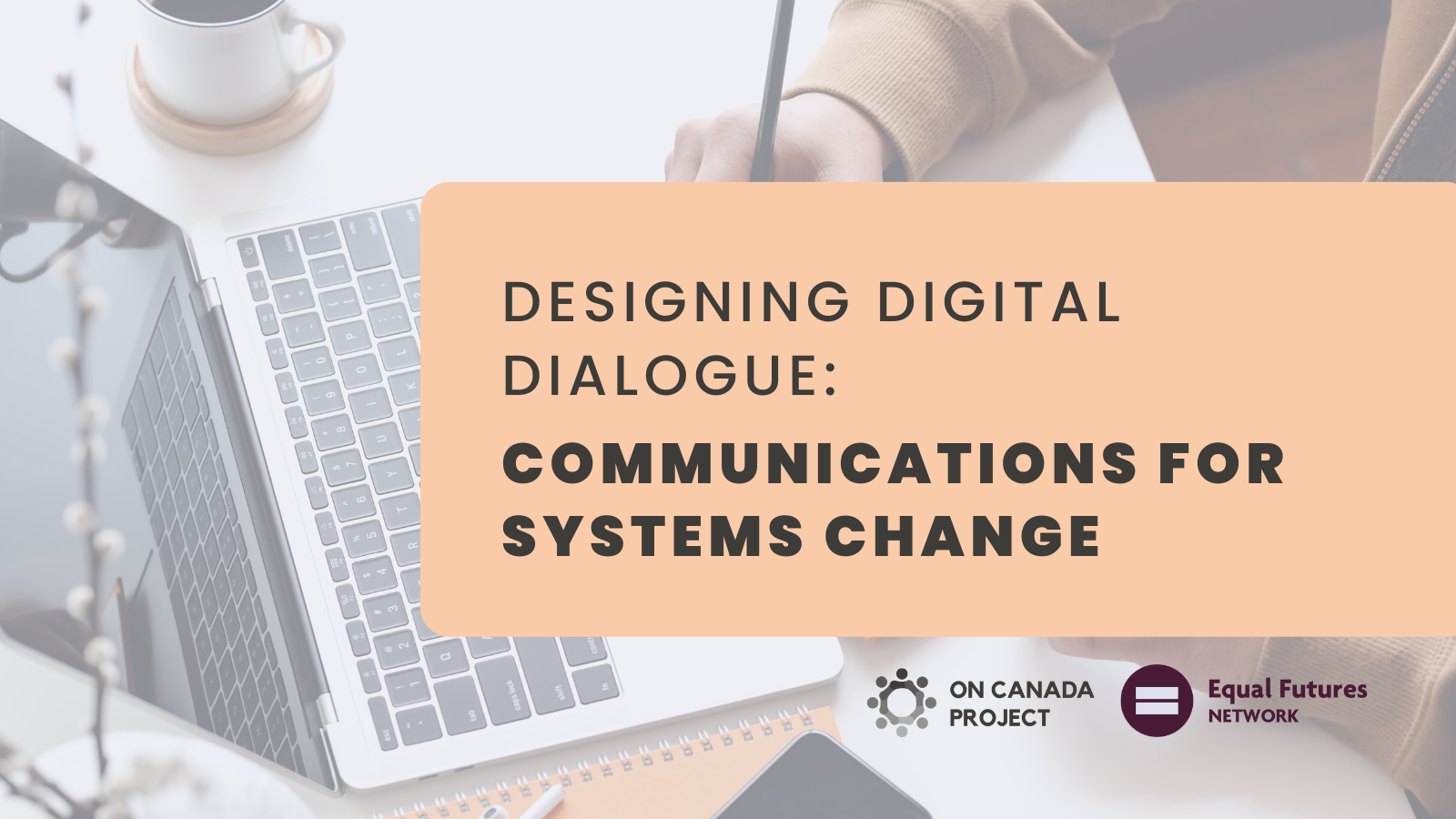
Around the world, women, in all of their diversity, disproportionately experience the worst working conditions, earn less than cis-gender men and perform the greater share of unpaid and care work. This results in women bearing the brunt of the widening wealth gap.
With economic and financial shocks associated with COVID-19 … derailing the already tepid economic growth and compounding heightened risk factors’, the COVID-19 pandemic has exacerbated these issues. This has impacted the poorest, most vulnerable and marginalized communities the greatest.
Women, racialized populations (Indigenous, Black and people of colour (IBPoC), women refugees and migrants, disabled and 2SLGBTQ+ communities are the most at risk to experiencing the effects of a global recession and are already at a place of disadvantage due to existing systemic barriers to equitable participation in the global economy. A crucial component of overcoming these systemic barriers is the realization of equal pay.
September 18, 2022, marks International Equal Pay Day, a day to bring awareness to the slow progress on women’s economic empowerment, the undervaluing of work traditionally held by women, and the difficulties in tackling pay inequality around the world. It is estimated that there is a 23% gender pay gap globally, and according to Statistics Canada, on average, full-time working women in Canada earn 32% less than men. This gap is wider for Indigenous women (35%), women with a disability (46%), and racialized women (33%).
Closing the gender pay gap is a crucial step towards advancing economic equity and moving the needle towards achieving gender equality. This is because the economic empowerment of women supports their ability to participate equally in existing markets; their access to and control over productive resources, access to decent work, control over their own time, lives and bodies; and increased voice, agency and meaningful participation in economic decision-making at all levels from the household to international institutions.
The Equal Futures Network, a CanWaCH initiative, with support from our membership, has compiled a list of resources to further our understanding of the importance that equal pay plays in advancing women’s economic justice and the overall achievement of gender equality globally.
Reports and Publications:
Equal Pay for Women is More Important Than Ever
The Facts About the Gender Pay Gap
Three Bold Steps Toward Closing the Gender Pay Gap
‘People Work for Money’: Pay Transparency Is More Important Now Than Ever
Pay Transparency: Let’s Talk About Your Salary
Have any resources to share? Send them to EFN-RAE@CanWaCH.ca to have them included in this list!
The Equal Futures Network acknowledges that Indigenous people are the traditional guardians of Turtle Island, on the land also known as Canada






